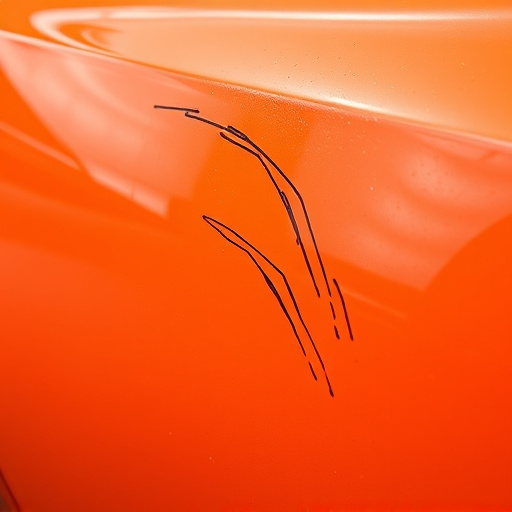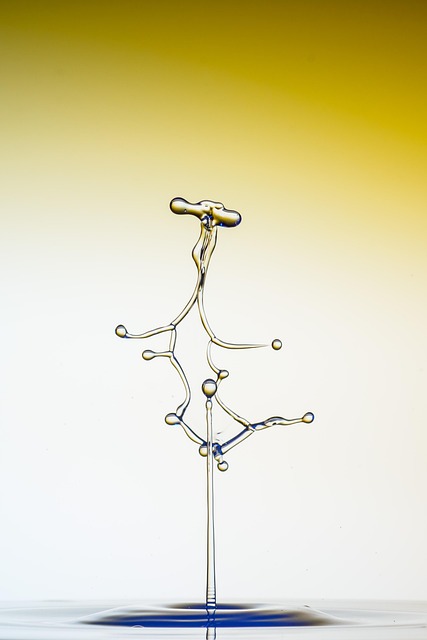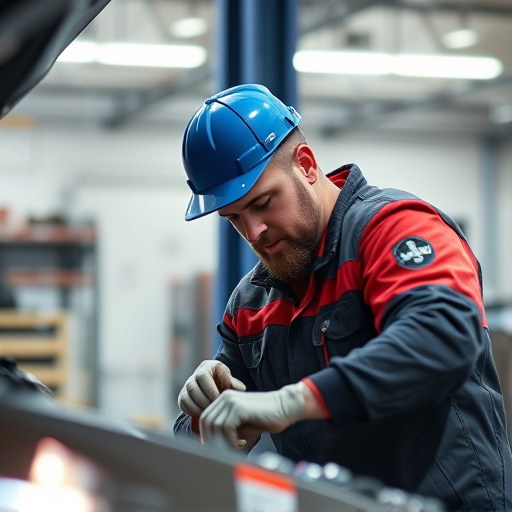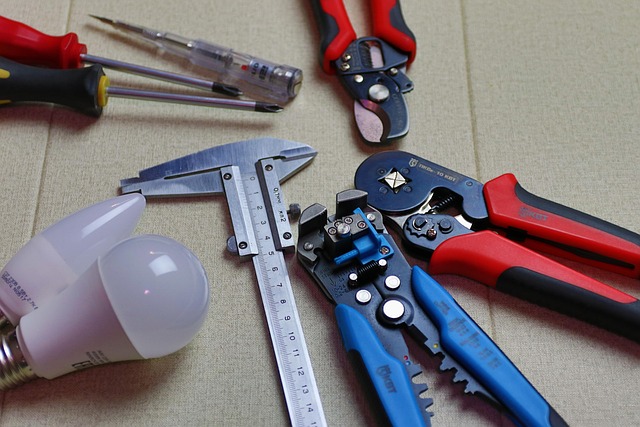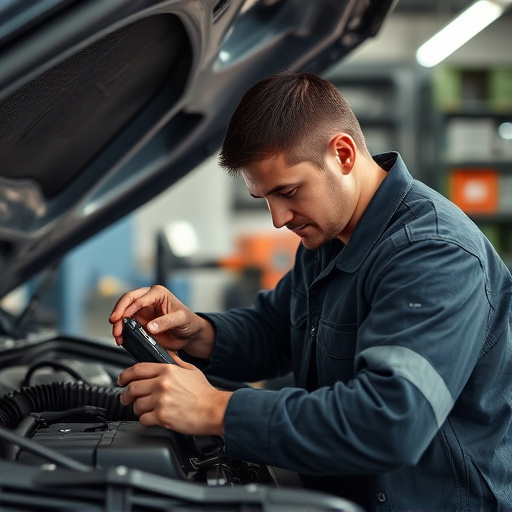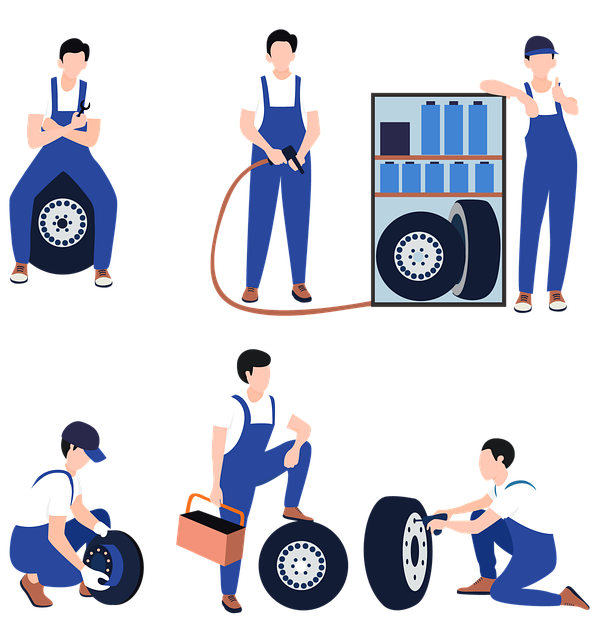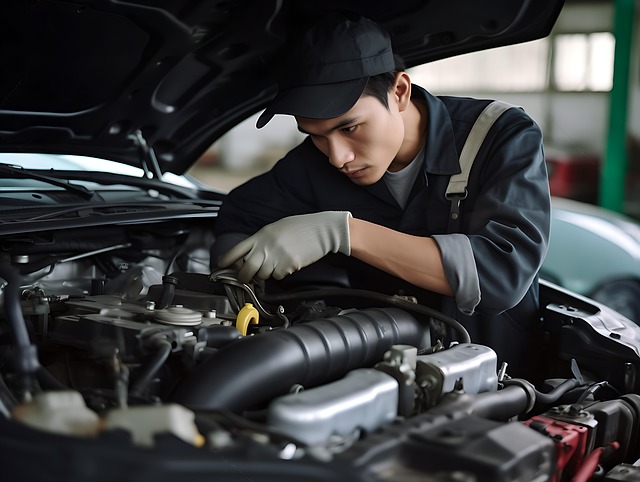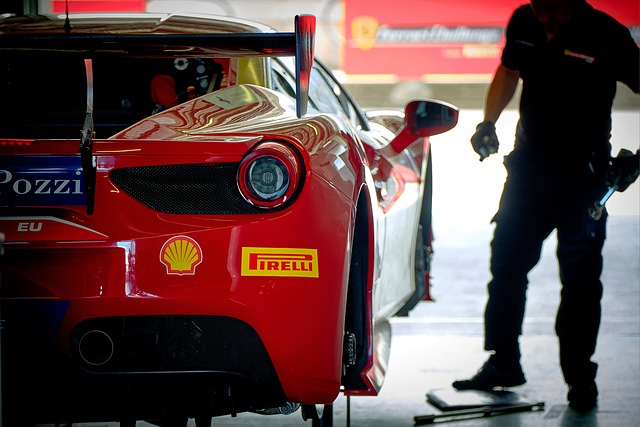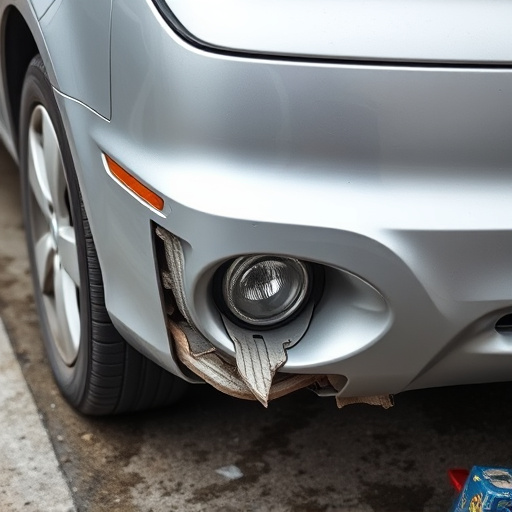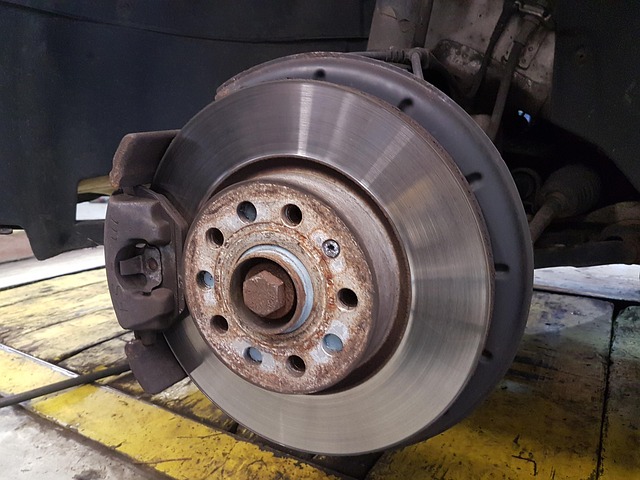The glass replacement industry has evolved significantly due to technological advancements, stricter safety regulations, and higher consumer expectations. Consequently, glass replacement certification is now crucial for auto repair shops and bodywork sectors to ensure quality, safety, and customer satisfaction. This certification empowers technicians with the necessary expertise to handle modern automotive glass systems and complex car bodywork services. While it guarantees skilled repairs, ongoing education is required, which may be a challenge for some experienced technicians. Alternative learning paths, such as online courses and DIY tutorials, complement formal certification by offering diverse options for individuals seeking auto maintenance skills.
Is glass replacement certification still relevant in a rapidly changing industry? This article delves into the evolving standards of the glass replacement sector, exploring whether certification remains a valuable asset for professionals. We weigh the benefits and drawbacks of obtaining this qualification, while also examining alternative paths to expertise. By understanding the current landscape, you can make an informed decision about your career trajectory in this dynamic field.
- The Evolving Landscape of Glass Replacement Industry Standards
- Benefits and Drawbacks of Obtaining Glass Replacement Certification
- Exploring Alternative Paths to Expertise and Competence
The Evolving Landscape of Glass Replacement Industry Standards
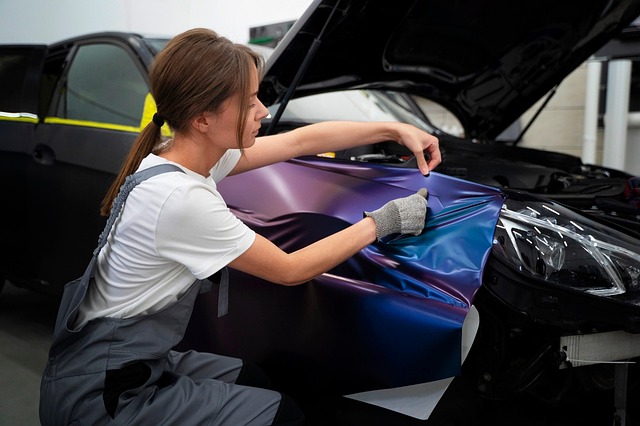
The glass replacement industry has witnessed significant changes over the years, leading to a dynamic and evolving landscape of standards. As technology advances, safety requirements become more stringent, and consumer expectations rise, the need for standardized practices and certified professionals becomes increasingly vital. Glass replacement certification, once considered an optional add-on, is now increasingly seen as an indispensable component in ensuring quality, safety, and customer satisfaction within the auto repair shop and vehicle bodywork sectors.
This shift can be attributed to the intricate nature of modern automotive glass systems and their critical role in vehicle safety. With advancements in car bodywork services, including lighter materials and sophisticated design elements, the installation and replacement of glass have become more complex. As a result, certification programs aim to equip technicians with the necessary knowledge and skills to handle these challenges effectively, ensuring that repairs or replacements meet industry standards and contribute to the overall integrity of vehicle bodywork.
Benefits and Drawbacks of Obtaining Glass Replacement Certification
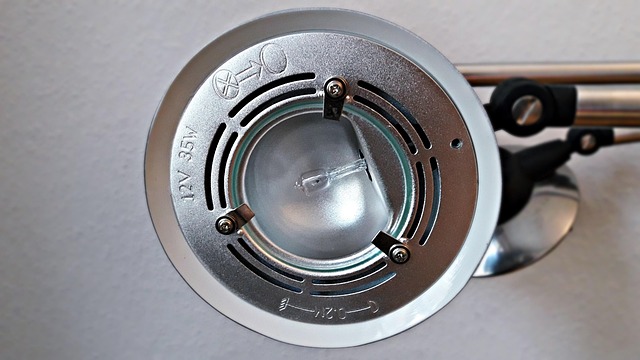
Obtaining a glass replacement certification offers several benefits for both professionals and consumers alike. It ensures that technicians possess the necessary skills to handle vehicle glass repairs and replacements accurately and safely. This is particularly crucial in the automotive industry, where precise installations are vital for driver safety. Certified experts can provide high-quality work, adhering to manufacturer guidelines and industry standards, which enhances customer satisfaction and builds trust. Moreover, it allows body shop services to offer specialized glass replacement as a core competency, attracting clients seeking expert care for their car bodywork.
However, there are potential drawbacks to consider. Certification programs often require ongoing education and recertification, demanding time and financial investment from technicians. For those already skilled in glass replacement, the process might feel like an unnecessary burden. Additionally, while certification guarantees a level of proficiency, it does not guarantee excellence or the ability to tackle complex, unique cases. Some professionals with extensive experience may find that their skills surpass the need for formal certification, and they can offer comparable services without it.
Exploring Alternative Paths to Expertise and Competence

In today’s digital age, where information is readily accessible, many individuals are exploring alternative paths to acquire expertise and competence in their chosen fields. The traditional route of obtaining certifications and formal training is still valuable, but it’s not the only way to become proficient in auto glass replacement or related skills. Online courses, DIY tutorials, and community forums offer a wealth of knowledge for those eager to learn without committing to lengthy certification programs.
These alternative methods can be particularly appealing for individuals seeking to enhance their skills in auto maintenance, car paint repair, or auto glass repair as a side hustle or for personal satisfaction. While glass replacement certification remains a respected credential, recognizing that there are diverse ways to gain proficiency allows individuals to tailor their learning experiences to their unique needs and preferences.
In an industry that constantly evolves, questioning the relevance of glass replacement certification is understandable. While it offers structured learning and enhanced credibility, alternative paths to expertise are emerging, catering to the diverse needs of today’s glass replacement professionals. Ultimately, whether pursuing certification or exploring other avenues, staying informed about industry standards remains paramount for ensuring quality work and customer satisfaction in this dynamic field.


